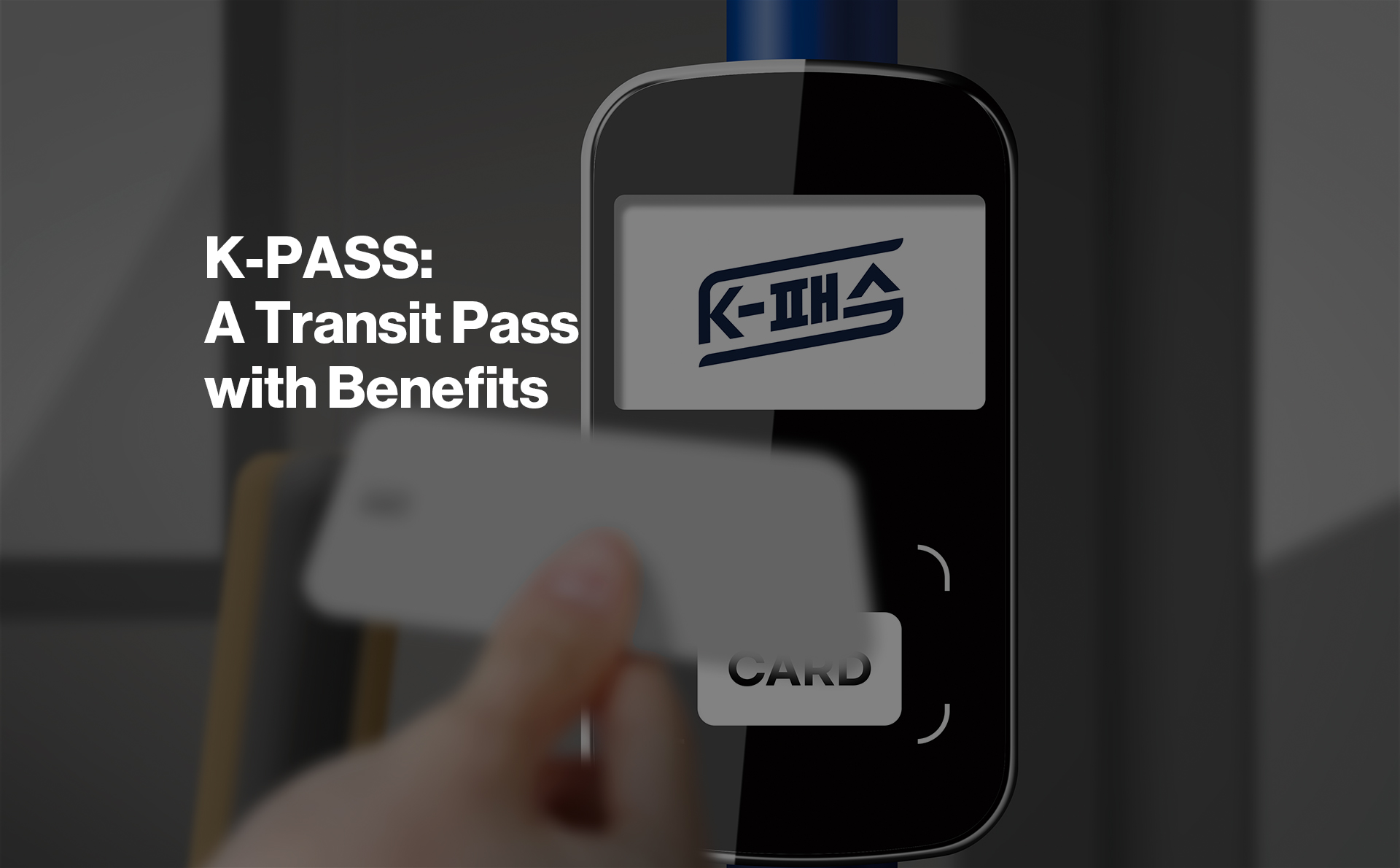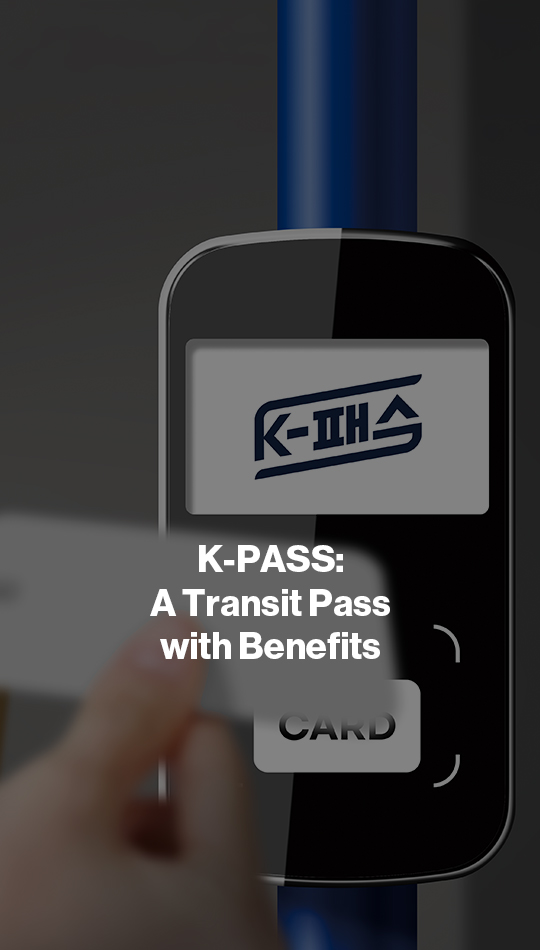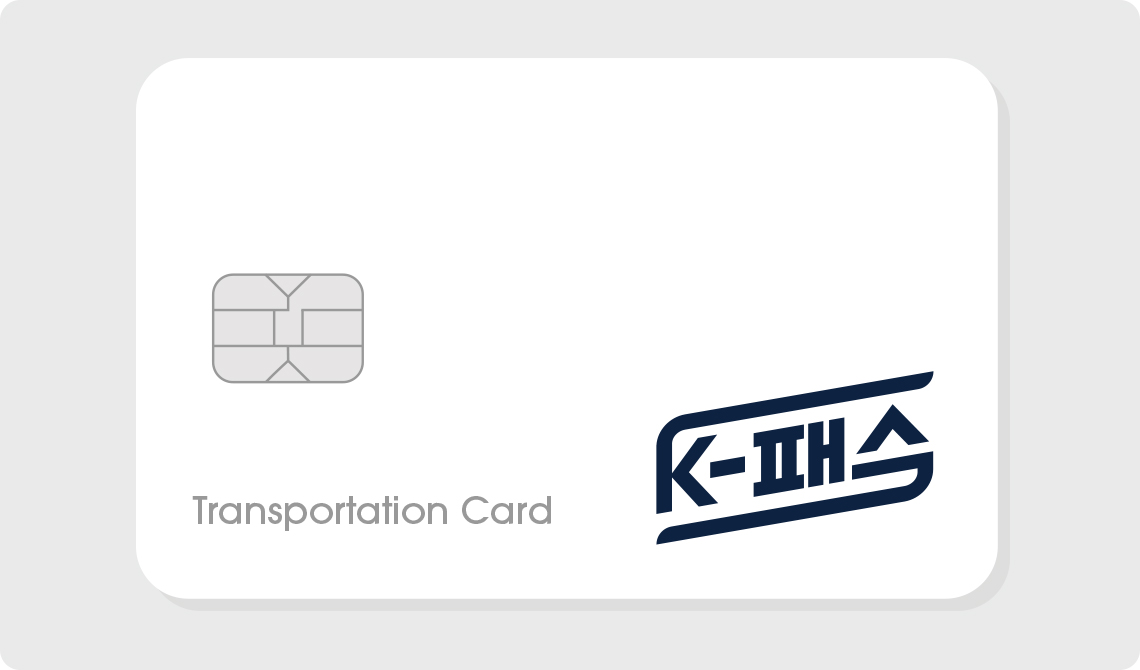

Writer. Sung Ji Yeon

K-PASS was released on May 1. The card follows the Climate Card, a card that allows for unlimited use of public transportation in the Seoul area for a month-long period. K-PASS allows users access to public transportation nationwide at a low price. Users can receive a refund for expenses for up to 60 public transportation trips when the K-PASS is used at least 15 times a month for public transportation.
The K-PASS refund rate varies depending on the group: 20% for the general public, 30% for young people and 53.3% for low-income people. K-PASS can also be used by foreigners who have been issued an alien registration card. K-PASS can only be used by adults over the age of 19. Refunds can be offered on all forms of public transportation nationwide, including metropolitan express railways, all kinds of buses and subways. Transportation methods that require separate tickets such as intercity buses, express buses, KTX and SRT, are not eligible for refunds.
To use K-PASS, you must have an exclusive card issued by one of the following: Shinhan, Hana, Woori, Hyundai, Samsung, BC, KB Kookmin, NH Nonghyup, EZL or DGB U-Pay. Users of the similar Discount Transit Card can go through the membership conversion process by visiting the website for the Discount Transit Card (alcard.kr) by June 30. Customer satisfaction is expected to increase as additional benefits can be provided depending on the usage performance of each card company.
189 municipalities in Korea have introduced K-PASS. The Ministry of Land, Infrastructure and Transport plans to continue to expand the number of local governments participating in K-PASS. The Ministry also plans on strengthening support benefits by linking K-PASS with projects supported by the local government. The card is expected to further reduce the burden the public faces over the cost of public transportation.
Detailed information including participating regions and payment standards can be found on the K-PASS website (korea-pass.kr).
In a Nutshell
- 01.
K-PASS offers users up to a 55.3% refund each month for using public transportation. - 02.
K-PASS can only be used by adults over the age of 19. K-PASS can also be used by foreigners who have been issued an alien registration card. - 03.
Please visit the K-PASS website (korea-pass.kr) for more information about the areas that currently accept the card.
